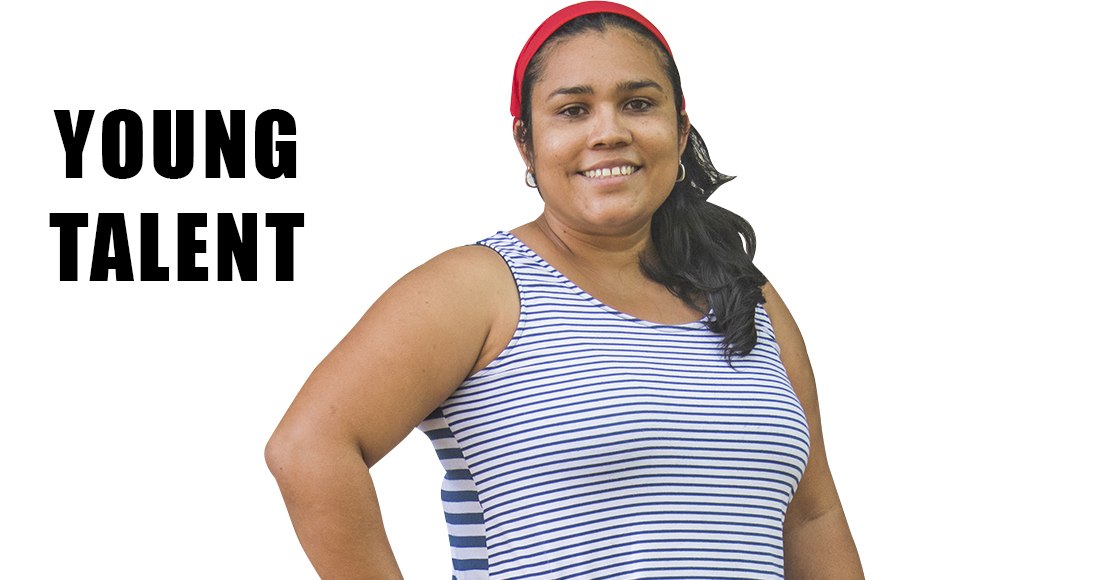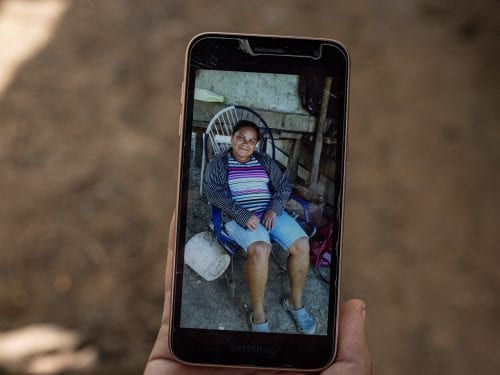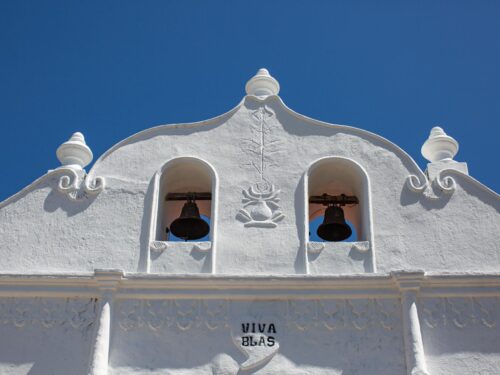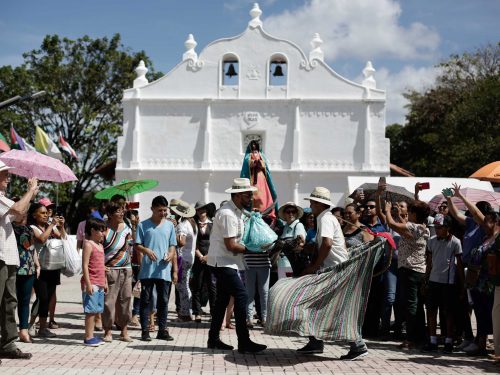
The life of Karol Cabalceta is very musical with guitars, marimbas and quijongos (a type of musical bow used by some indigenous groups). At 33 years old, the woman from Hojancha has taken in the sights in Ecuador, Mexico, Italy, Peru and Cuba, among other countries.
In addition to making a name for herself as a musician and composer, Cabalceta is currently the regional advisor of music education for the Ministry of Public Education, where she puts her degree in music education to good use.
Do you think that the marimba is not played as much anymore or is it that there are not many venues to offer traditional music?
There are not enough venues, but also the instruments are quite expensive. There may be performers, but economically speaking, it is difficult to own the instrument and that limits it. In addition, it is not valued. There are men who are paid some small change and a drink to play. An attempt has been made to incorporate the marimba into educational centers, but it is expensive. A tenor marimba can cost 1.5 million colones ($2850).
It is always said that when students participate in artistic activities, they perform better. How do you explain that?
Beyond academic achievement, it is an indispensable tool for taking ownership in the institution, for feeling like part of the institution, and what that does is reduce the dropout rate. The kid might not be someone getting As and Bs, but the kid will be there since he or she has a motivation in the institution. It is the same with sports. You feel part of it and you give your best and you want to stay in the institution.
Do you think that young people from Guanacaste have less opportunities to learn music than the ones in the Greater Metropolitan Area?
We may not have conservatories, we don’t have theaters or venues like that, but in whatever little town that you visit, you will always find talented people. They might not be academic scholars, but what I do believe is that we need to appreciate what we have. I think the biggest challenge facing the province is to revitalize what we have.
Do you think playing the marimba or the quijongo might die out?
With the marimba, I don’t think so. There are many many groups and there are large marimba festivals in the country. What worries me is quijongo. With that [instrument,] we were a small step away from it happening. In the country, there are only three people who play it and they are elderly, but last year we succeeded in holding a workshop with 15 people from across the province. Of those 15 people, maybe not all of them learned to perform in the best way, but we all learned to build the quijongo, which is what is important. I am currently working with my colleague in the advising department to reinforce that kickoff from last year and resume the workshops in educational centers and with music education teachers.







Comments